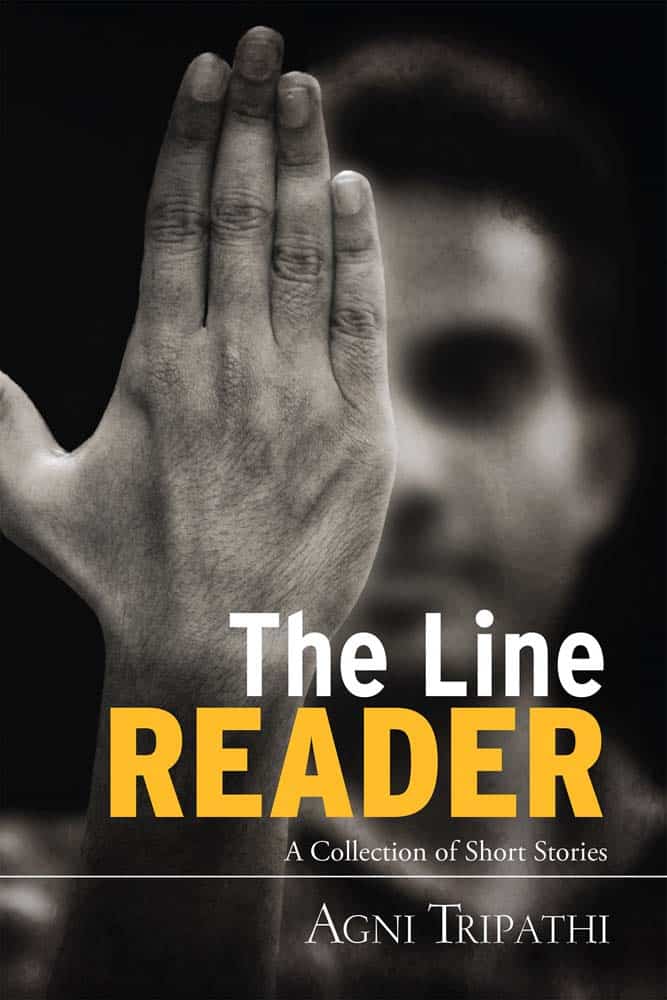CHARACTERS: 3.5/5
WRITING STYLE: 3.5/5
CLIMAX: 3.5/5
ENTERTAINMENT QUOTIENT: 3.5/5
Short stories can be a very tricky form of telling tales. There is no scope for elaborate backstories or time to build characters.
The time is limited and the impact that the author needs to have on the reader has to be that much more immediate than in the case of a novel.
And yet, when done correctly, the shorter format can be a joy to read. Quite a few authors are accomplished in doing just that, like Jeffrey Archer and Meghna Pant.
Agni Tripathi’s “The Line Reader” is also one such collection of short stories that the reader will enjoy.
Many of the stories in this book are a commentary on the situation in today’s society while some others tug at the heartstrings of the reader.
There is always a sense of not knowing what to expect when it comes to this particular form of writing because unlike novels, there is no buildup to the story and not enough time to bond with the characters.
But in “The Line Reader”, the stories are thoroughly enjoyable and you find yourself instantly connecting with the protagonists.
A personal favourite was “Killer”, the ending of which was not only unexpected but also had the biggest impact amongst the collection.
“Yesterday” was another story that touched the heart, and you find yourself wanting to smack sense into both Sankalp and Aparna so that they can both get what they want.
“The Meeting” is a similar kind of story, although it is a bit more tragic. The story shows how much circumstances can affect people and how they react to it is also a sad tale to tell.
“Tale of the Maxriter” is a funny story about how the protagonist ended up buying a pen to save himself the blushes, while “Innocent” shows how even a seemingly insignificant gift can be valued highly because of the person who gave it.
Without wanting to take away all the surprise from the book, it is safe to say that the author has done a fantastic job with all the stories in the collection.
Although some of the tales may seem to not have a point in the first read, they seem to grow on you when you have a go at it for a second time.
Some stories will truly connect with the reader on a personal level while others drive home an important point, whichever side of the fence you may sit on.
